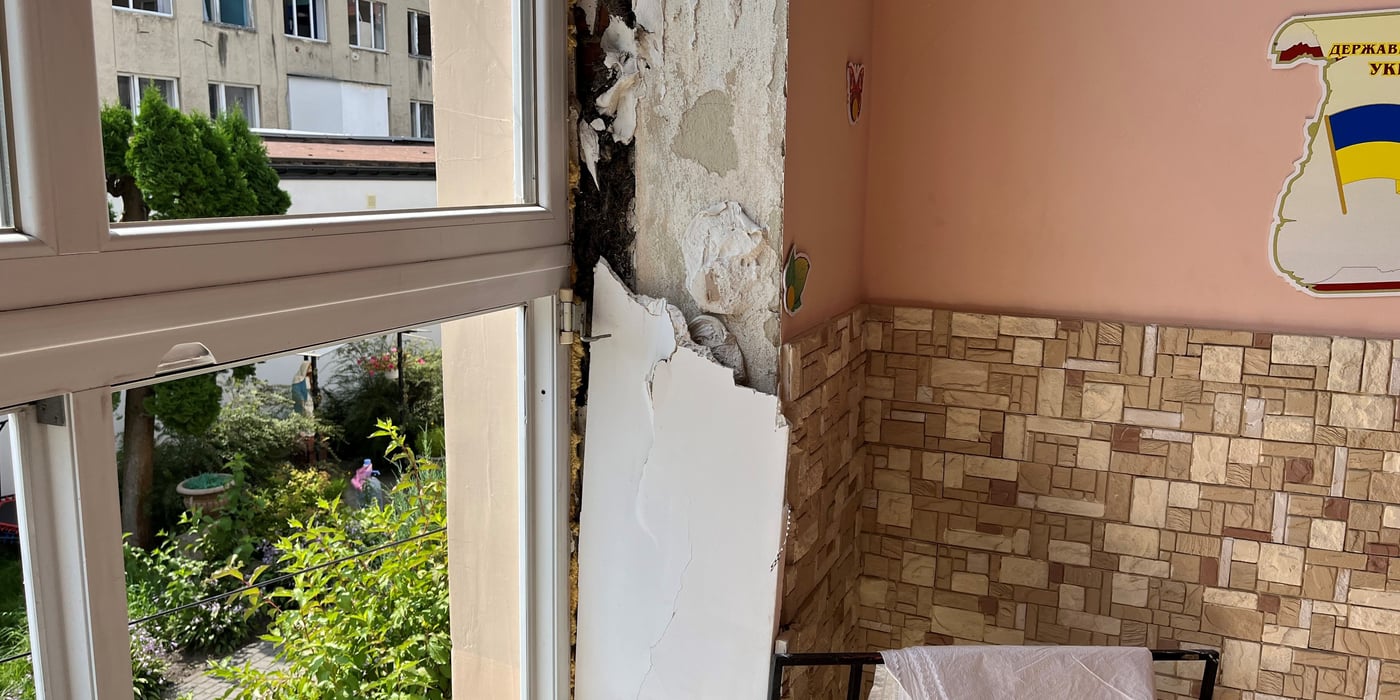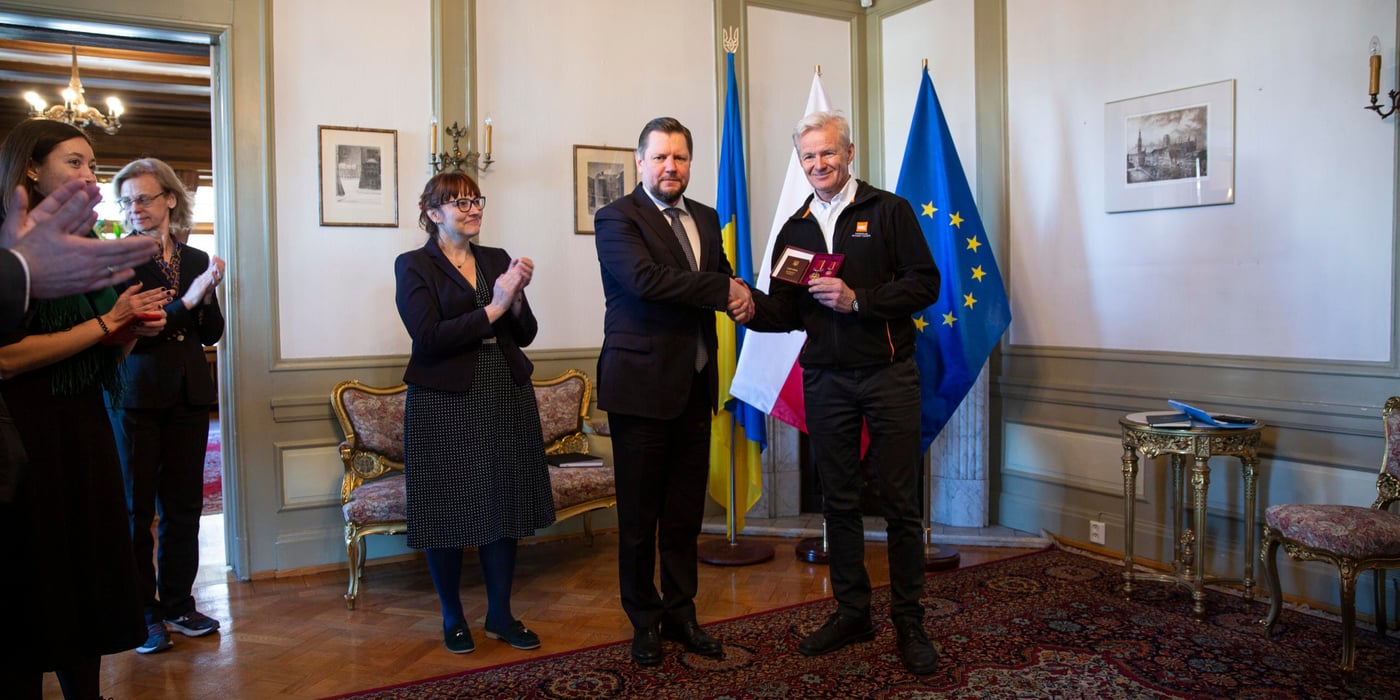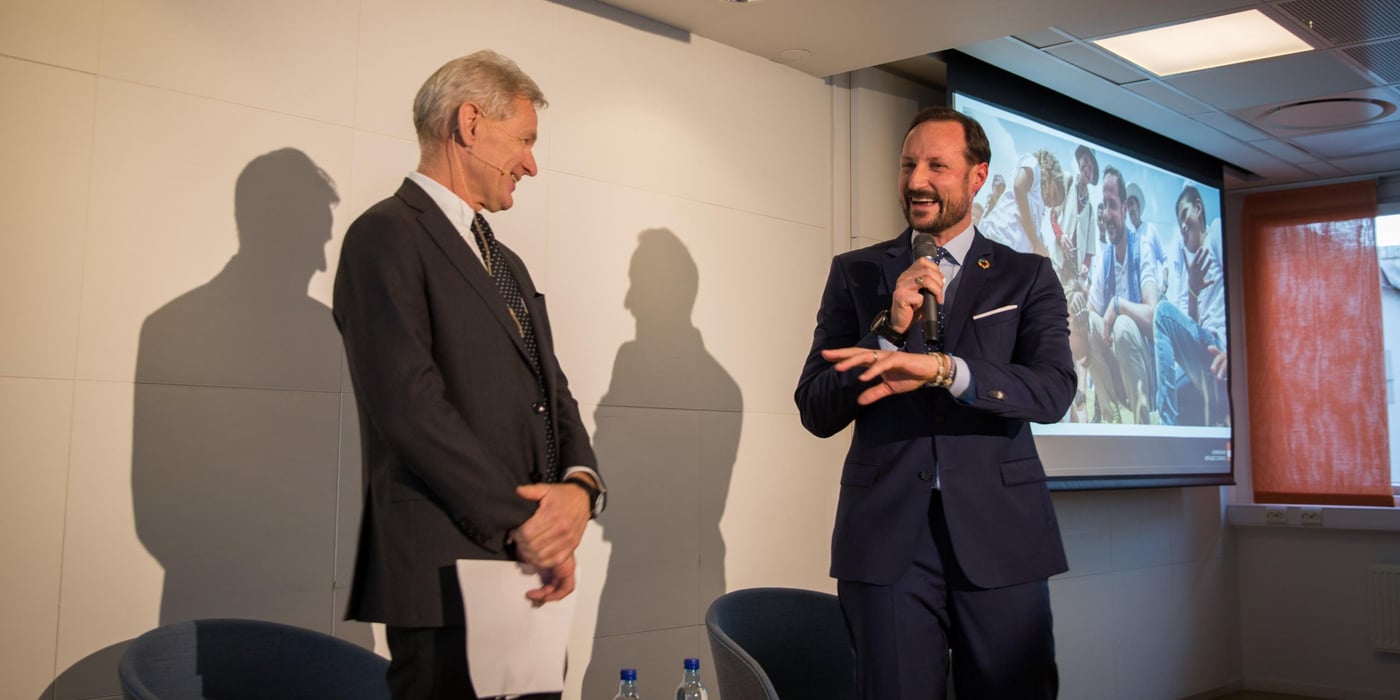
Tomorrow, humanitarian leaders and representatives from donor countries are gathering in Oslo to discuss support for Ukraine at a ‘Senior Officials' Meeting’.
"Global humanitarian needs are spiralling, and funding insufficient and unpredictable. We need more long-term solutions for protracted humanitarian crises. Donor countries may therefore learn from Norway and the Nansen Programme,” said Jan Egeland, the NRC secretary general.
The Nansen programme for Ukraine is NOK 75 billion over five years, covering civilian and military aid. For 2023, NOK 7.5 billion was allocated to civilian support including humanitarian aid. The financing model is extremely flexible, and the Government can disburse funds as the situation on the ground evolves.
"Imagine if several countries made a joint programme for forgotten crises such as DR Congo, where there are 26 million people in need," said Egeland, who recently visited the country. "Then, disbursements from the programme could have responded real time as the populations is experiencing a severe food crisis on top of a devastating conflict".
When the Norwegian Parliament approved the support programme for Ukraine, a NOK 5 billion aid package for the Global South was also included. The money was earmarked countries particularly hard hit by the knock-on effects of the war in Ukraine. Food security is severely reduced globally because of the war and half of this sum was set aside to help populations at the edge of starvation.
"Supporting people in need beyond strategic geopolitical interest, is to follow the humanitarian imperative of global humanity. Norway can be proud of that,” said Egeland. “It is important that Norway and other donor countries ensure the Ukraine crisis do not lead to funding cuts elsewhere. The poorest and most vulnerable should not be doubly stricken by increased food prices due to this war and then also reduced aid.”
The Nansen Programme for Ukraine will be used for military and civil support, the latter also includes humanitarian assistance. The Norwegian Refugee Council has criticized including military and humanitarian aid in the same package as it may jeopardize the neutrality, independence, and impartiality of humanitarian actors in the crossfire. NRC therefore recommends that military aid is not included in similar future financing schemes.
Note to editors:
A brief on the Nansen programme is available here.
The Norwegian Government has issued a press release on the senior officials’ meeting.
Please also check out the Government’s proposal and the Parliament proceedings.
For more information, please contact:
Advocacy specialist Helene Sandbu Ryeng, +47 994 06 730, helene.ryeng@nrc.no
NRC’s media hotline, +47 905 62 329, media@nrc.no



